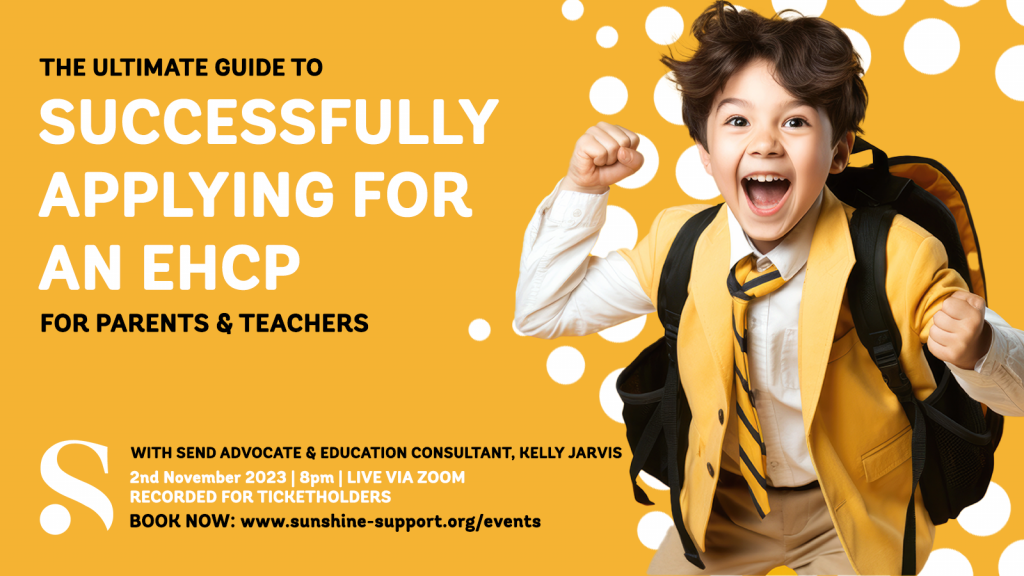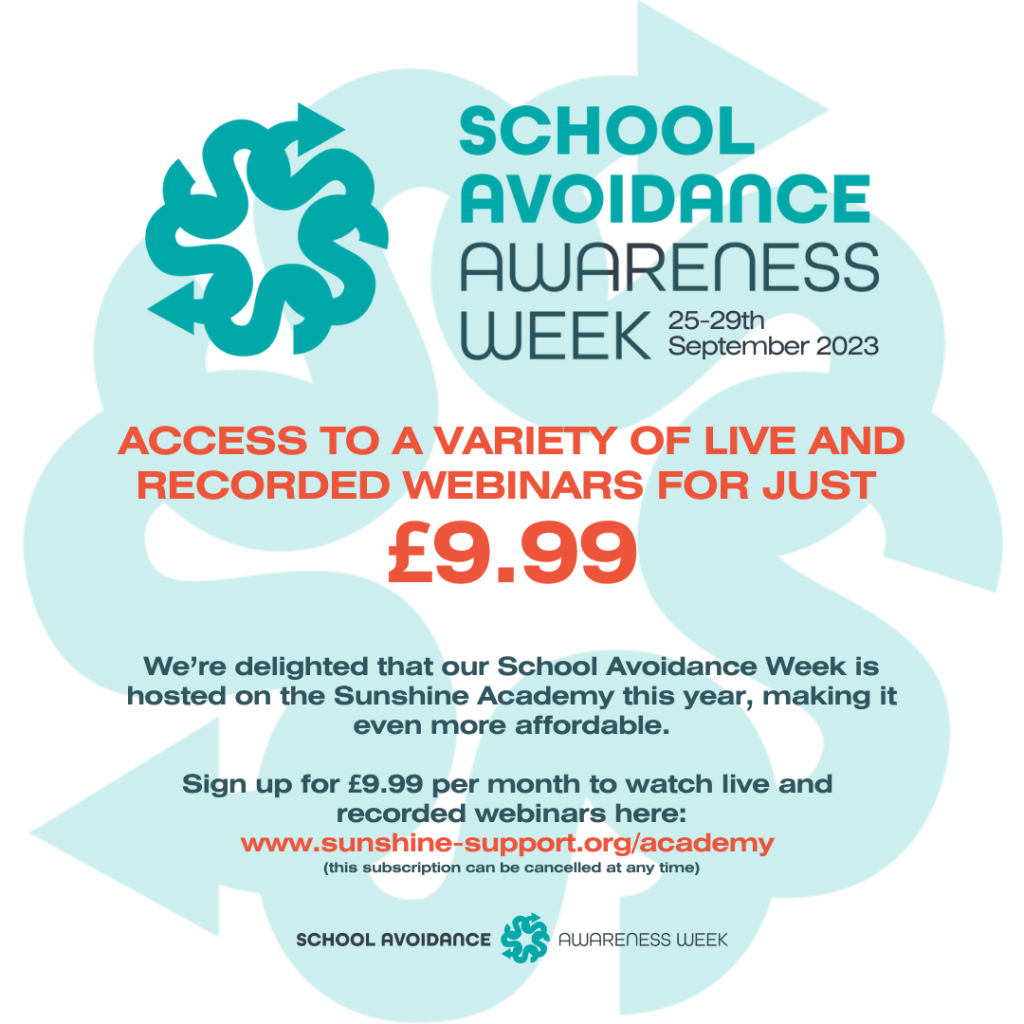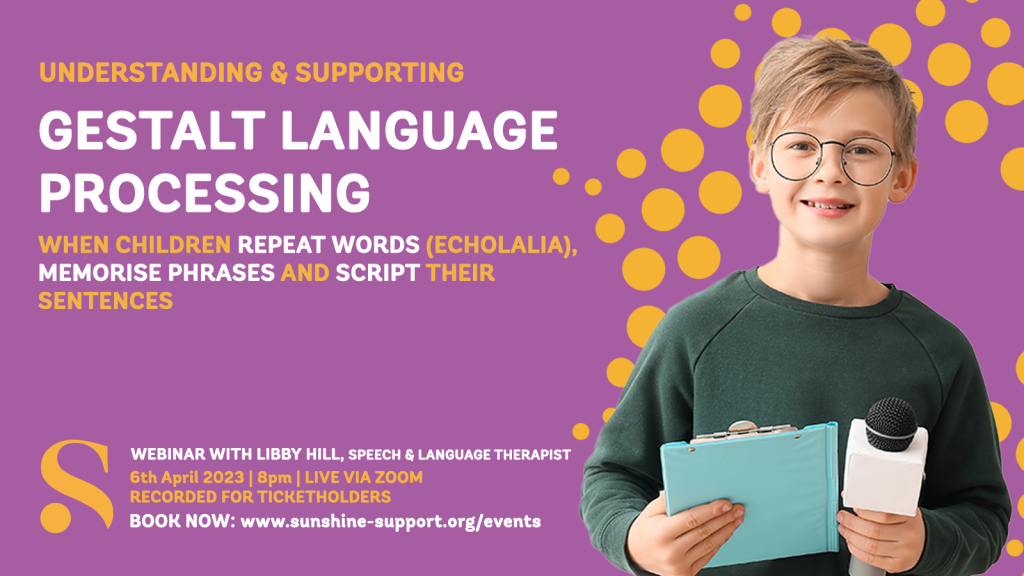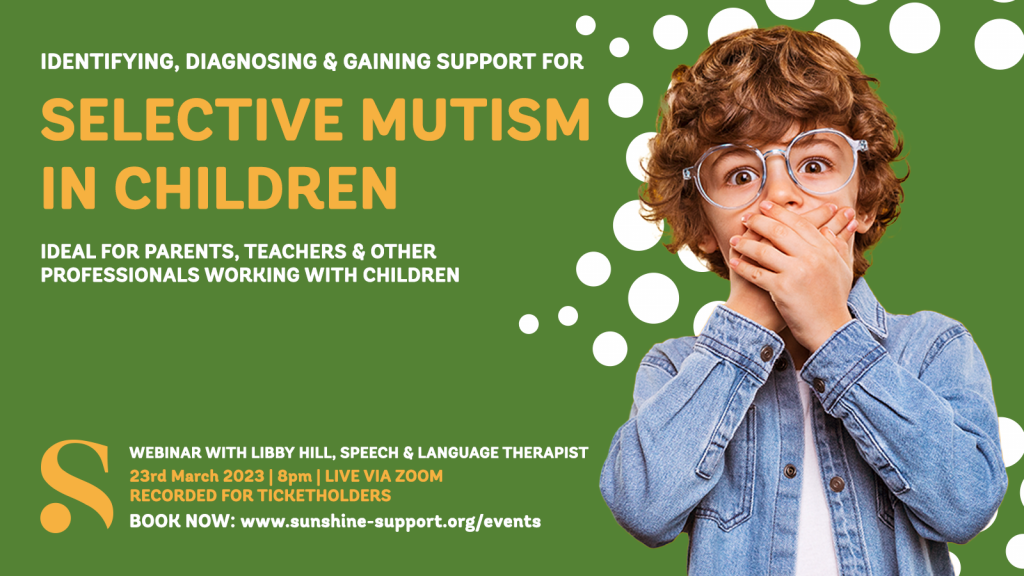Dyslexia is a learning difficulty or disability, that is the clinical/diagnostic definition at least. The condition certainly comes with some learning challenges or differences, but there are positives that often go unappreciated…

1. A Deep Connection to Empathy
There are two leading theories that explore why high levels of empathy are common in those with Dyslexia. The first being a genetic factor, harbouring the ‘dyslexic brain’ to be more attuned (compared to a typical neurotypical brain) to its emotional connective pathways, to be specific the ventral amygdalofugal output pathway.
The second theory being a reaction to past experiences that stem from positive experiences, or anxiety or traumatic experiences. Perhaps, positive experiences such as receiving the right support in an education setting encourages the individual to reciprocate that support. Or, maybe a negative experience, such as feeling misunderstood or being treated differently and not knowing why, could have the same result.
Whatever the reasoning behind it, it cannot be denied that people with Dyslexia have a great emotional intelligence and are some of the most compassionate people you will ever meet.
2. Beautifully Abstract Thinkers
“Abstract reasoning, also known as abstract thinking, involves the ability to understand and think with complex concepts that, while real, are not tied to concrete experiences, objects, people, or situations. This type of reasoning involves thinking about ideas and principles that are often symbolic or hypothetical”. – Kendra Cherry, of Verywell Mind
Unlike concrete thinkers, abstract thinkers are more comfortable exploring the more difficult questions, not just the how’s but also the why’s and what if’s. It opens up a whole new world of possibilities and creative ideas! That’s why so many people with Dyslexia end going down create career paths.
Some of the most notable historical and public figures with Dyslexia include Andy Warhol, Robin Williams, Ludwig van Beethoven, Agatha Christie, F. Scott Fitzgerald, Jamie Oliver…

3. Advanced Interconnected Reasoning
In addition to abstract thinking, studies have shown that most people with Dyslexia are brilliant at interconnected reasoning. This being the ability to easily recognise and analyse patterns, relationships, and concepts from multiple perspectives.
Again, this leads to endless possibilities and advantages such as…
- Easily seeing the bigger picture
- Great at problem solving
- Fantastic story telling
- Remembering things as a feeling or experience rather than facts and figures
- Advanced reasoning
4. Amazing Narrative Reasoning
Kathleen Dunbar, psychotherapist, describes Narrative Reasoning as “being able to create vivid mental scenes to display important ideas and concepts from the past, present and future”.
Those with Dyslexia have a tendency to struggle recalling facts in the typical way. Instead they usually remember information in the form of experiences or feelings. This strength not only allows the individual to tell incredible stories with great visual detail but also pick up on small details that most people would usually overlook.
In addition, this ability to reason allows you to learn for past mistakes or experiences and effectively adapt.
5. Great Conversationalists
Where some may struggle with executive functions, other’s excel with their verbal skills and creative thinking!
The combination of emotional intelligence, abstract thinking, compelling story telling and narrative reasoning makes an individual a fantastic conversationalist.







